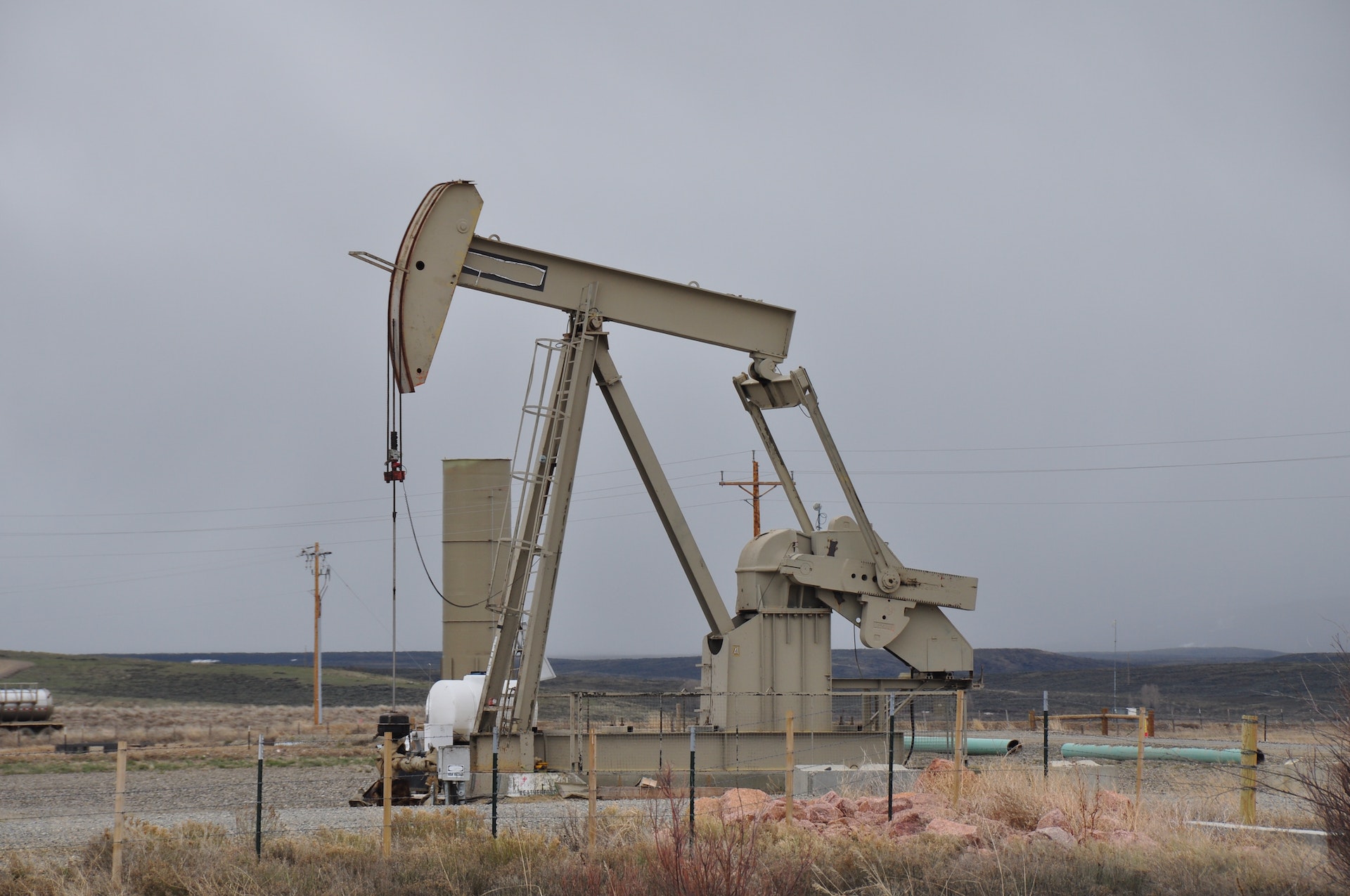Hidden Potential: The Benefits of Investing in Oil and Gas vs. Traditional Wall Street Investments

For many investors, stocks and mutual funds have been the go-to options for building a diversified portfolio. These traditional investment vehicles are considered the norm. When many people first jump into the world of alternative assets, they immediately think of Real Estate, but there’s another sector that often gets overlooked – oil and gas.
While it may seem like a complex and volatile arena, investing in oil and gas can offer unique advantages, diversification, and significant opportunities for those accustomed to the stock and mutual fund market. Because of the tax advantages, for example, many full-time W-2 professionals utilize this asset class to its fullest extent to fight the battle against over-taxation. In this article, we’ll explore the additional benefits of investing in the oil and gas industry.
Diversification
One of the key principles of investing is diversification, which aims to spread risk across different assets to achieve a balance between risk and return. Adding oil and gas investments to your portfolio can be a smart move, as they often behave differently than stocks and bonds, helping to further diversify your holdings. In fact, the energy sector, driven by oil and gas, can provide a counterbalance to your existing stock and mutual fund investments. When stock markets are down, oil prices can rise, and vice versa.
Inflation Hedge
Oil and gas investments can act as a hedge against inflation, a factor that stock and mutual fund investors should consider. As inflation rises, the cost of goods and services increases, potentially eroding the purchasing power of your investment returns. Oil and gas prices often correlate with inflation, which means that when the cost of living goes up, so does the value of these commodities. By holding oil and gas investments, you can help safeguard your portfolio against the eroding effects of inflation.
Passive Income
Oil and gas investments can provide steady income streams in the form of dividends and distributions. Companies in this industry often generate substantial cash flow, allowing them to return profits to their investors regularly. These dividends can be an attractive addition to your investment income, especially for those seeking more income than stocks and mutual funds typically offer.
Big Time Tax Advantages
The oil and gas sector offers some unique tax benefits that you won’t find in the stock market. For example, many oil and gas investments, particularly those in exploration and production, qualify for deductions and tax credits. These tax incentives can help reduce your overall tax liability, enhancing your investment returns. The cool part about many of these tax incentives is that they can often offset ordinary income. This plays a large part in family office style investing where W-2 workers can take part in using the tax code road map similar to the way business owners and investors can in other asset classes.
Long-Term Demand
While oil and gas prices can be volatile in the short term, they tend to experience long-term growth due to increasing global energy demand. As emerging economies continue to expand, the need for energy resources is on the rise. Investing in this sector can position you to benefit from this ongoing demand, potentially leading to substantial long-term growth in your portfolio.
Risk Management
Integrating oil and gas investments into your portfolio can be a strategic move for risk management. Stocks and mutual funds can be influenced by economic cycles, corporate earnings, and market sentiment. By introducing oil and gas assets, you can create a more balanced portfolio that is less susceptible to sudden market shocks. The stability of the oil and gas sector can act as a safety net for your overall investment strategy.
While investing in stocks and mutual funds can remain a solid and traditional approach to building wealth, adding oil and gas investments to your portfolio can offer various advantages. To fully seize these opportunities, it’s important to do your due diligence, consider your risk tolerance, and consult with financial professionals. By doing so, you can achieve a more diversified and resilient investment portfolio, well-suited to navigate the ever-changing financial landscape.
Download The QRP Book Summary
Learn how to take action to help you reach financial freedom!
Fill out the form below so I can email this to you right now!
Feeling lost with how to unlock your 401 (k)?
Get my FREE book on how to take checkbook control of your 401 (k) and IRA to help you have financial freedom.
Fill out the form below so I can FedEx you the book right away!




